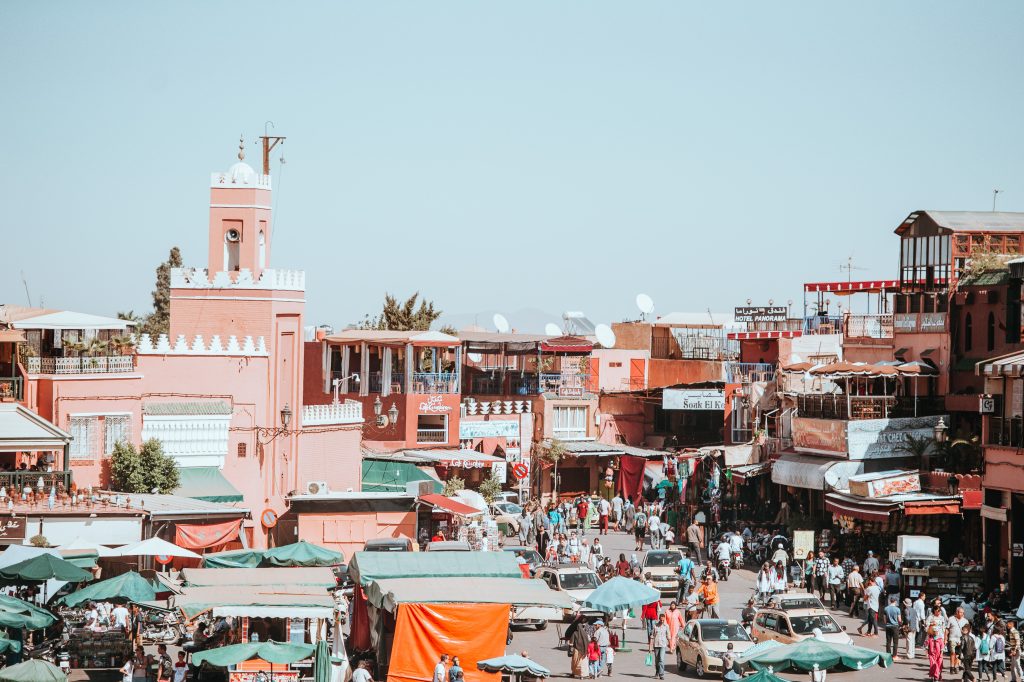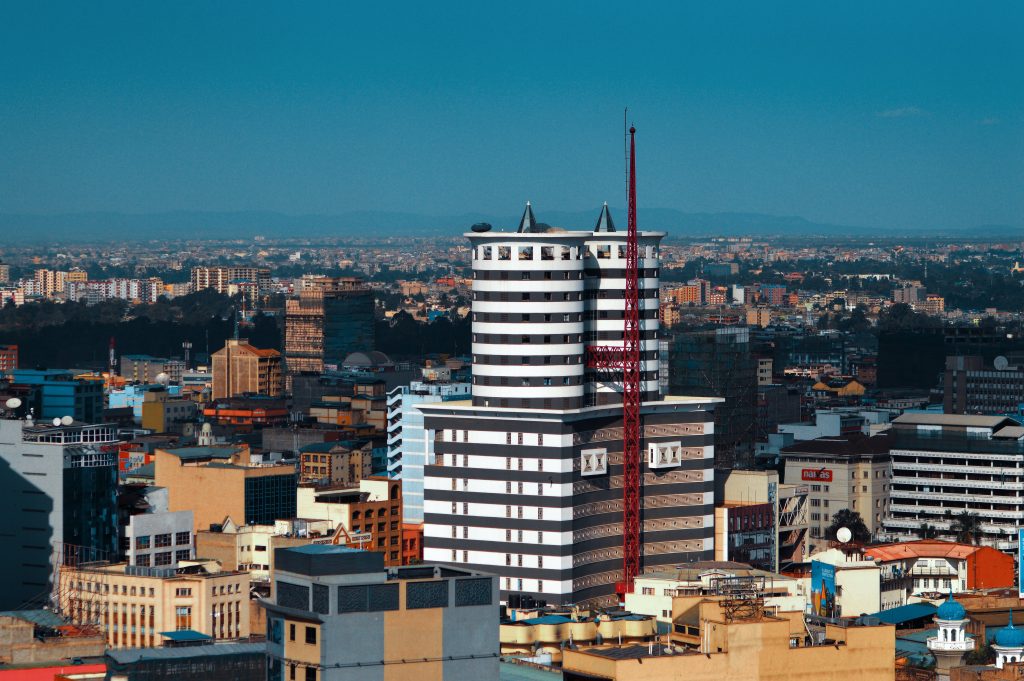Sub-Saharan African countries have faced yet another difficult year in 2023. For a region still recovering from the COVID-19 pandemic and inflationary shocks from Russia’s war in Ukraine, which have resulted in higher interest rates and lower demand, economic growth is expected to be slow. According to the International Monetary Fund (IMF), Africa’s growth rate in 2023 is predicted to be 3.3 percent.
However, there is reason to be optimistic, with the IMF Regional Economic Outlook for Sub-Saharan Africa projecting a rebound to 4.0 percent in 2024, with growth picking up in four-fifths of Sub-Saharan Africa’s countries and strong performances in non-resource-intensive countries. Africa’s macroeconomic imbalances are also improving, owing mostly to lower inflation and more sustainable uses of public finances.

Is it time to celebrate?
While the projection calls for some sort of celebration, the IMF has cautioned that growth is not inevitable because obstacles such as financial constraints, higher debt payback costs, and expensive debt servicing remain.
The IMF suggests that Sub-Saharan African nations could delay the predicted economic rebound due to a slowdown in their reform efforts, rising political instability, or external risks that might harm growth potential. To achieve the anticipated increase, the IMF has proposed four policy actions.
Managing inflation: To start with, inflation remains in the double digits for 14 African countries, which is far higher than the target in most countries. Addressing inflation in countries where inflation is firmly on track to target levels may be required, whereas monetary tightening may be required in nations where inflation is growing until there are clear indicators that inflation is dropping.
Managing exchange rate volatility: Exchange rate fluctuations remain a major concern across Africa, causing significant challenges for businesses in the region. The IMF has proposed aligning monetary policy demands with the anchor country in order to maintain external stability and avoid further reserve losses. Currency movements in countries with floating exchange rates should be allowed to adjust as much as feasible, because efforts to block fundamental-based movements come at a high cost. Other policy measures, such as tighter monetary policy to keep inflation under control and structural changes to enhance the export industry, should accompany the adjustment, according to the IMF.

Debt management and prudent spending: Debt management while making room for development spending African countries’ debt risks are increasing. Borrowing rates are still high, and rolling over debt is a burden for African countries, with half of the region’s low-income countries at high risk or in economic crisis. Effective domestic income mobilisation, a deliberate approach to expenditure, careful borrowing, and debt restructuring may also be required.
Raising living standards, especially in resource-rich countries: while the recovery is underway, economic disparities within the area are expanding, with per capita incomes in resource-intensive economies remaining subdued. According to the research, increasing income per capita through structural reforms such as strategic investment in education, better natural resource management, improved business, and a true commitment to trade integration will guarantee the growth projection, according to the IMF.
To ensure that the coming rebound is more than a passing fad, African countries must heed the cautions of the global finance agency in that economic stabilising policies are put in place while focusing on reforms that address the region’s development needs.
Photo by Douglas Bagg and Joecalih on Unsplash
